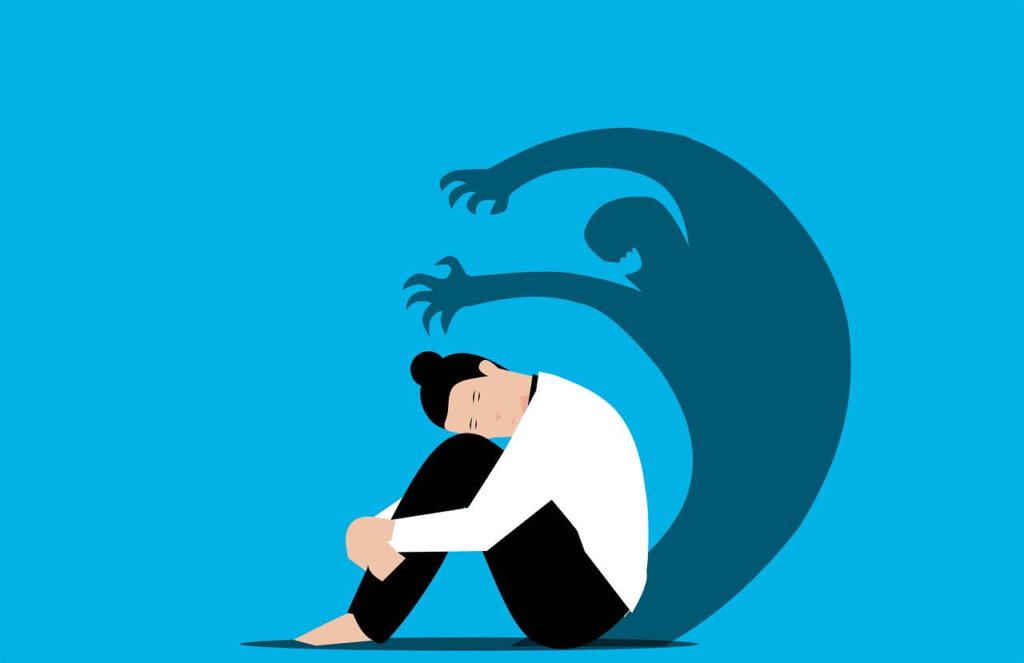
Day 8 Business Academy Foundation conducted a survey to determine the state of mind of SME business owners between June to August 2021. The organization administered the survey to entrepreneurs via email and among those who attended entrepreneurship related conferences and talks, such as the EntrepRescue Summit, the Globalinker platform of Union Bank, Continuum Academy’s Business Model course, and among those from JCI Philippines, DTI, and Go Negosyo, among others. The number of respondents was close to 300 entrepreneurs from different industries. The survey was intended to be an indicator of what help can be given to SME business owners during the pandemic.
Day 8 Business Academy Foundation is a social enterprise dedicated to helping SMEs. Established in 2010, it is affiliated with marketing consulting and training firm Mansmith and Fielders Inc. It offers many business courses and offers scholarships for business owners affected by the pandemic.
Key findings of the survey include:
1. ROI: Only 30% of the respondents have recovered their business investment while 20% have not been able to recover anything since they started their business. 50% were on the way to recover their investment, when the pandemic suddenly happened.
2. Growth 2021: Only 38% experienced an increase in revenues while 62% experienced lower revenues during the first half 2021 versus the same period in 2020. Of this, two-thirds of businesses have declined by over 30% year-on-year.
3. Growth 2020: Only 29% have experienced an increase in revenues within the twelve months of 2020 versus that of 2019. The rest have lower revenues versus 2019. Of this, seven out of ten declined by over 30%.
4. Offering Model: On changes in the offering of their business model during the pandemic, 62% targeted new markets, 57% introduced new products, 43% entered new distribution channels, 47% adjusted their pricing strategy, and 34% improved customer acquisition and bonding strategy.
5. Operating model: On changes in the operation of their business model during the pandemic, 20% improved their supply chain, 40% simplified the company’s processes, 34% repurposed staff for other functions, 32% used the company’s strengths to do something else, 23% innovated on what they were already doing, while 51% resorted to reducing their costs.
6. Survival Actions: To ensure survival, actions they took included: 28% decided not to fill up the vacancies left by resigning employees, 20% retrenched some regular employees, and 14% cut the pay of existing employees (principally from those that have not recovered their investment).
7. Office space: Real estate wise, 16% had to reduce the total space being used by their company to reduce their rental expense.
8. Cashflow: Assuming no further improvement in their business situation, the average cashflow of SMEs before they go broke are: 12% will only last 1 month, 7% will last only 2 months, 19% will last 3 months, 14% will last 4-5 months, 28% will last 6-12 months, with only 21% that can last over 12 months. It was noted that those with longer cashflow are those who have already recovered their investment prior to the pandemic.
9. Cash Strategy: To preserve cash, 29% had to borrow more money, 24% had to delay paying their suppliers, and 13% had to restructure their bank loan. Only 18% did not have to do any cost cutting measures.
10. Future Cash Strategy: To improve cash flow further, 55% were considering welcoming new investment and business partners, 33% plan to negotiate payment terms with their suppliers, 28% plan to negotiate payment with their banks, 22% plan to negotiate payment terms with lessors, 22% wanted to reduce the number of people further, 15% plan to reduce advertising and promotions investment, 13% wanted to reduce product lines, and 9% plan to reduce training investment. Only 15% did not have to negotiate anything for their survival.
11. Other actions: Some also mentioned liquidating non-performing assets, asking shareholders for advances, outsourcing services, and seeking advice from mentors.
12. Source of Funding: 20% plan to get loans from banks, 18% to borrow from microlending, 6% from online lenders, and 3% appear to have no choice except to resort to loan sharks, with only 1% mentioned availing from government grants.
13. Wish List: 73% hope someone can help them increase revenues, 74% hope someone can help introduce them to more potential clients, 64% hope someone can help them become more operationally efficient, 61% hope someone can help improve their cash flow, and only 2% did not need any help.
14. Ideation: To get new ideas, 76% of the SMEs attended many webinars, 67% relied on self-reflection on what to do, 66% read up on what others are doing, 49% met their people on strategy, and 46% decided to consult mentors.
15. Government: Only 34% think the government did all the best they could during the pandemic. Two-thirds think otherwise.
16. Migration: 30% of business owners are considering migrating if the business situation would not improve in the Philippines. Of this, 40% of these (or 12%) will definitely migrate. Majority of those who have recovered their investment do not plan to migrate despite business challenges.
17. Business closure and Employment: 30% of business owners are considering closing their business and seeking employment if the business situation will not improve in the Philippines. There is a close correlation between closing a business, seeking employment, and migrating to another country.
18. Mental Health: 57% of business owners have experienced mental health issues, with 23% answering “very often” compared to 34% “occasionally”. This not only lowers their productivity, but it can also affect sleep quality and lowers the immune system, as brain functions are interlinked with our immune system, the exact opposite of what is needed to fight against the impact from COVID-19. Only 17% answered they never had any mental health issues.
19. Traits: Among self-claimed personal traits of the SME entrepreneurs, 88% claimed they are open-minded, 80% are courageous, 76% have moral consciousness, 76% are optimistic, 65% are spiritual, 61% have a personal purpose. Although only 45% have social support groups, 35% have strong role models, and 31% make time for physical exercise, three major factors that can affect their resiliency. (Please refer to https://josiahgo.com/building-resiliency-10-tools-30-cases/ for resiliency details).
The full report can be downloaded on the website of Day 8 Business Academy Foundation at www.day8.org.
Josiah Go is Chairman and Chief Innovation Strategist of Mansmith and Fielders Inc.
See more articles on Entrepreneurship.


